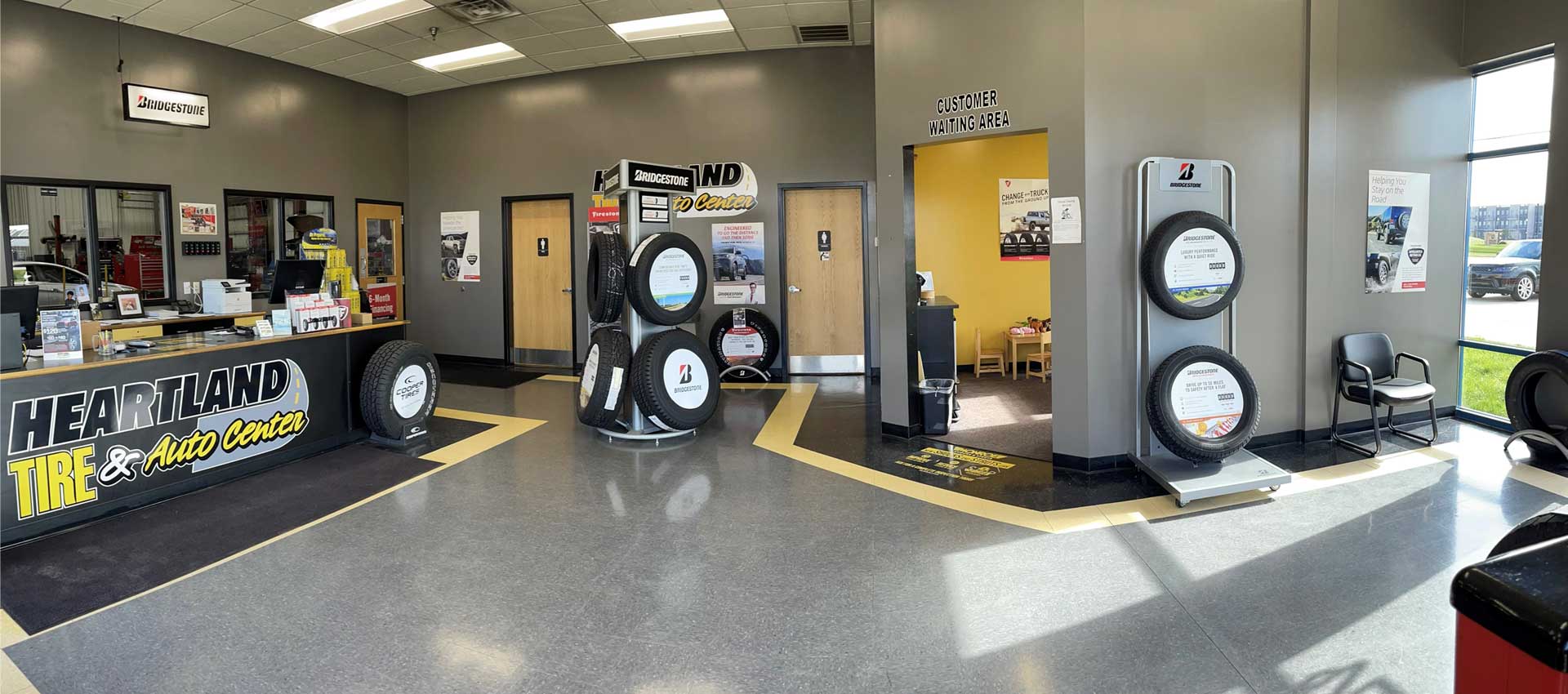Enjoy Big Cost Savings on Discount Tires Morris IL: Shop Now for Offers
Enjoy Big Cost Savings on Discount Tires Morris IL: Shop Now for Offers
Blog Article
Tire Solution: Comprehending Tire Stress Surveillance Systems
Recognizing Tire Stress Monitoring Equipments (TPMS) is a vital element of preserving optimum automobile performance and safety on the road. With improvements in vehicle modern technology, TPMS has ended up being a common function in modern vehicles, offering real-time information on tire pressure degrees.

Importance of TPMS
The importance of Tire Pressure Surveillance Equipments (TPMS) depends on their capacity to enhance car security and performance via real-time monitoring of tire pressure levels. Preserving the correct tire stress is essential for making sure optimum handling, braking, and general security of a vehicle. TPMS gives chauffeurs with prompt comments on any type of underinflated or overinflated tires, permitting for timely modifications to be made.
Elements of TPMS
Comprising numerous necessary elements, a Tire Pressure Monitoring System (TPMS) works as an innovative safety and security function in modern-day vehicles. The main components of a TPMS include sensing units, a control module, and a caution sign. Sensors are typically located in the tire valve stem or connected to the wheel setting up, where they determine tire pressure and transfer information to the control component. If it detects significantly reduced stress in any of the tires, the control module processes this info and activates a warning. The caution sign, frequently a symbol on the control panel, signals the driver to check the affected tire or tires. Some progressed TPMS designs also show the real tire stress analyses for each tire, providing motorists with real-time information to make sure ideal tire efficiency and safety. By checking tire pressure constantly, TPMS assists protect against crashes, lowers tire wear, and improves gas performance, making it a vital part for lorry safety and performance.
Kinds Of TPMS

On the other hand, indirect TPMS depends on the lorry's wheel speed sensing units to keep an eye on tire pressure. This system discovers underinflation by contrasting the rotational speeds of the wheels. Indirect TPMS is much less pricey than direct TPMS, as it uses existing sensors within the car.
While straight TPMS provides a lot more accurate readings, indirect TPMS is less complex in design and normally requires less upkeep. Both systems have their benefits and limitations, and the choice between them often depends upon aspects such as price, car make, and individual choice. Understanding the differences in between these two sorts of TPMS can assist lorry owners make notified choices regarding tire upkeep and safety.
TPMS Upkeep Tips
Reliable maintenance of TPMS is necessary for ensuring optimum performance and safety and security of your vehicle. Consistently examining the TPMS sensors for any kind of damages or corrosion is vital. Guarantee that the sensing units are cost-free and clean from particles that can hinder their functioning. In addition, it is recommended to examine the sensing unit batteries periodically and replace them as required to assure accurate analyses. Conduct regular examine the tire stress degrees and contrast them with the TPMS readings to guarantee they correspond. If there are any inconsistencies, rectify the system adhering to the manufacturer's guidelines. During tire turning or replacement, make sure that the TPMS parts are taken care of very carefully to avoid any possible damages. If the TPMS cautioning light brightens on the control panel, address the concern quickly by checking the tire stress and the overall system for any kind of faults. By adhering to these upkeep suggestions, you can lengthen the life expectancy of your TPMS and enhance the safety and security of your driving experience.
Advantages of Proper Tire Stress
Maintaining appropriate tire stress, as emphasized in TPMS Upkeep Tips, is vital for reaping the various browse this site advantages connected with ideal tire stress levels. Among the main benefits of maintaining the right tire stress is boosted fuel performance. When tires are appropriately inflated, there is much less moving resistance, resulting in better fuel economy. In addition, proper tire stress makes sure also tire wear, prolonging the life expectancy of the tires and advertising much safer driving problems. With the best tire stress, vehicles also have much better handling and traction, particularly in negative climate problems. This can enhance overall driving efficiency and safety and security for the driver and go passengers. Keeping optimum tire stress can add to a smoother and a lot more comfortable trip by reducing vibrations and sound created by underinflated tires. In verdict, the advantages of appropriate tire pressure go beyond just tire longevity; they encompass improved fuel efficiency, enhanced security, much better lorry performance, and general driving comfort.
Final Thought
To conclude, recognizing tire pressure surveillance systems (TPMS) is important for maintaining ideal tire pressure and making sure lorry safety and security. By acknowledging the relevance of TPMS, recognizing with its parts, knowing the various kinds available, sticking to correct maintenance ideas, and realizing the benefits of keeping proper tire pressure, vehicle drivers can enhance their driving experience and extend the life-span of their tires. Proper tire stress is key to reliable and safe automobile procedure.

Report this page